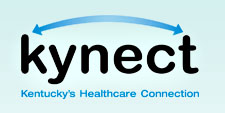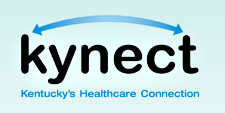
A few days ago I mused on the possibility that when Obamacare finally hits the streets, the actual state programs that implement it will refer to it as the “Affordable Care Act” and all the folks who hate Obamacare might not even recognize it. It turned out that Jonathan Bernstein has been making this same point for a while—great minds think alike and all that—but today Sarah Kliff passes along the perfect  anecdote to support this. It comes from HuffPo’s Jason Cherkis, and what I’d forgotten is that the state programs don’t even call it ACA. They all have their own names:
anecdote to support this. It comes from HuffPo’s Jason Cherkis, and what I’d forgotten is that the state programs don’t even call it ACA. They all have their own names:
A middle-aged man in a red golf shirt shuffles up to a small folding table with gold trim, in a booth adorned with a flotilla of helium balloons, where government workers at the Kentucky State Fair are hawking the virtues of Kynect, the state’s health benefit exchange established by Obamacare.
The man is impressed. “This beats Obamacare I hope,” he mutters to one of the workers.
“Do I burst his bubble?” wonders Reina Diaz-Dempsey, overseeing the operation. She doesn’t. If he signs up, it’s a win-win, whether he knows he’s been ensnared by Obamacare or not.
This is officially too good to check, but I checked anyway. If you go to the Kynect website, you can look far and wide and never get a clue that it has anything at all to do with Obamacare or ACA or even the federal government. “kynect is here to help you find the right coverage,” the fact sheet says cheerily. “It’s a new kind of health insurance marketplace — convenient and easy to use. With one application, kynect will check your eligibility for programs that can help you pay for health insurance for yourself, your family or your employees.” Roger that.















